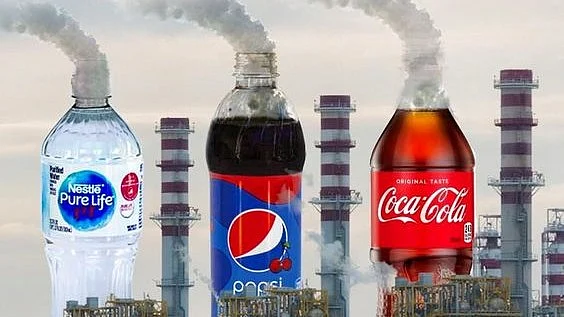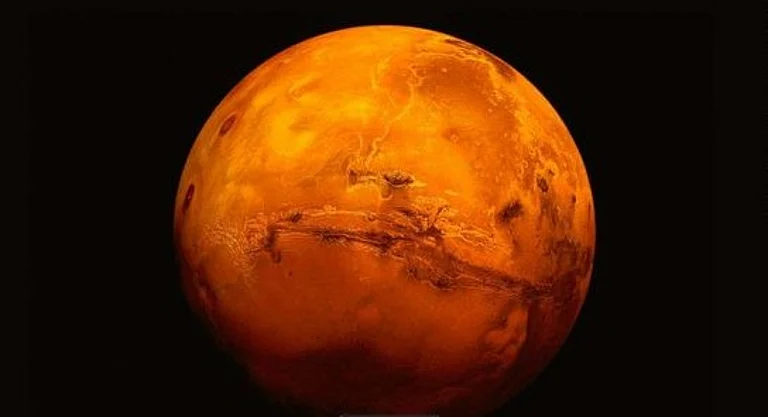A new study published in Science Advances paints a grim picture of plastic pollution around the world. Researchers from Dalhousie University and collaborating institutions across the globe conducted audits of plastic waste in 84 countries over five years, uncovering a shocking truth:
Over 50% of branded plastic pollution can be traced back to just 56 companies.
The Big Four Polluters
The report further identifies the top plastic polluters:
The Coca-Cola Company (11%)
PepsiCo (5%)
Nestlé (3%)
Danone (2%)
These major corporations, according to co-author Professor Tony Walker, have a vast global reach, contributing significantly to plastic pollution problems in every corner of the planet.
The data behind the problem
The peer-reviewed study relied on data collected by volunteers during more than 1,500 beach, park, river, and public space cleanups organized by the Break Free From Plastic environmental group between 2018 and 2022.
The research also highlights a disturbing trend: plastic production has doubled since 2000, jumping from 200 million tonnes to a staggering 400 million tonnes in 2019.
Industry response
The finger pointed at major corporations has prompted responses from some of the top polluters named in the study:
Coca-Cola
Aims for 100% globally recyclable packaging by 2025 and 50% recycled content by 2030. Additionally, they aim to collect and recycle a bottle or can for each one sold by 2030.
PepsiCo
Emphasizes its decade-long commitment to reducing packaging, exploring reusable models, and partnering on improved collection and recycling systems. They advocate for a binding global policy framework to address plastic pollution.
Nestlé
Acknowledges plastic pollution as a serious issue and supports global regulations. They highlight ongoing projects to develop waste collection, sorting, and recycling schemes across multiple continents.
International efforts to combat plastic pollution
The study's release coincides with a summit in Ottawa, Canada, where representatives from 176 countries are working towards a solution. This is the fourth round of negotiations leading up to a final session in South Korea later in 2024, where a binding international treaty on plastic pollution is expected to be signed.
Beyond recycling
Experts like Professor Patricia Corcoran of the University of Western Ontario emphasize the significance of the study's global reach. She highlights the dominance of food and beverage packaging waste, suggesting that holding major producers accountable can be a powerful driver of change.
The study also challenges the notion that recycling alone can solve the plastic pollution crisis. With only 9% of plastics ever recycled, researchers advocate for a multi-pronged approach, including:
Eliminating difficult-to-recycle plastics.
Holding corporations accountable for the environmental impact of their products.
Implementing better tracking systems for plastic production and disposal.
The researchers call for an international, open-access database where companies must report the quantity of plastic products, packaging, and brands entering the environment.
The Canadian government has taken a step in this direction with a new registry requiring companies to detail plastic production volumes and their ultimate destinations.





























